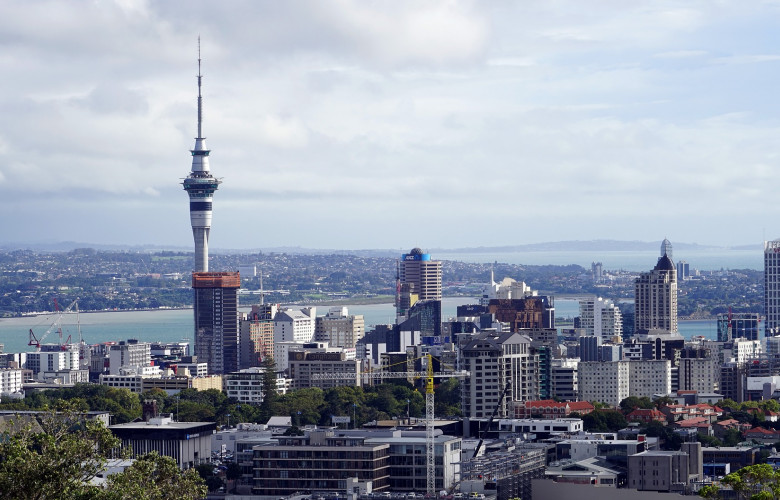Auckland average property price hits $1m
Contact
Auckland average property price hits $1m
Property prices are rising across New Zealand, but particularly in Auckland as low interest rates, short supply, and increased foreign investment drive demand, in a scenario similar to that on the east coast of Australia.
As Auckland becomes an increasingly global city, property prices are rising strongly. The average Auckland property price is just below $1.2 million, a 14.3% increase for the year to August, according to Quotable Value's residential property price index.
The average New Zealand house price is $612,527, up 14.6% for the year to August. The index is now 85.5% higher than when the cycle began in 2007.
Prices are being driven by a confluence of events, including low interest rates, a weaker currency, a growing population and a shortage of supply, low global inflation, and foreign investors seeking a safe haven in the wake of the global financial crisis. The same factors are buoying prices on the east coast of Australia.
The latest figures have fuelled concerns about affordability in New Zealand. Labour leader Andrew Little said Auckland prices breaking through the $1million barrier was "scandalous".
New Zealand Prime Minister John Key said there was a "huge pipeline of activity" that will boost supply and lower prices, but admitted he wouldn't mind if prices "eased back a wee bit".
The Reserve Bank of New Zealand has introduced higher loan-to-value ratios, requiring investors have a 40% deposit on property purchases. Though the new rules don't come into effect until later this year, some banks are already imposing the tighter restrictions. The move is said to be already slowing requests for valuations, lowering the number of open-home attendees, and slowing loan applications, though it doesn't appear to be slowing price growth so far.
The property investment market is strong in Auckland, with investors accounting for almost half of all properties purchases.
See also:
Australian homes with a $1 million price tag around Australia





